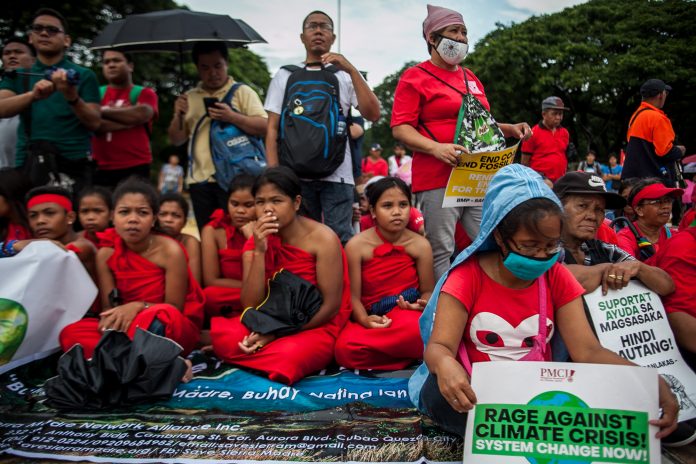Catholic Church leaders in the Philippines called on the government to put an end to “development aggression” and policies that “adversely affect” tribal communities.
In a statement, the Commission on Indigenous Peoples of the bishops’ conference said authorities must “heed the call” of tribal communities for the recognition of their rights and ancestral domains.
Bishop Valentin Dimoc of Bontoc-Lagawe, head of the commission, said the Church “deplore the present disregard” of indigenous peoples’ rights in the country.
He said tribal people have the rightful claim to ancestral territories and have the “right to say ‘No’ to development projects.”
The prelate said these so-called development projects “erode and disrupt” the life, culture, and spirituality of tribal people.
Bishop Dimoc said the Catholic Church looks at the present implementation and enforcement of Philippine laws that are supposed to protect the tribal people “with foreboding and frustration.”
“Discrimination against indigenous peoples has affected the whole of Philippine society,” said the prelate.
“Social exclusion has become widespread, to the point of posing a threat to social harmony and peace, as well as compromising the country’s ability to achieve economic progress and stability,” he added.
Bishop Dimoc decried the expansion of extractive industries, particularly large-scale mining, that “only lead to environmental destructions.”
The prelate accused government officials of “ignoring the call and cries” of the indigenous people.
He said large-scale mining operations “become the vehicle for gross human rights violations, irreparable damage to indigenous communities and culture, and even deaths to those who oppose them.”
The prelate also criticized the government’s infrastructure projects, which are considered forms of development aggression, that “greatly impacted” tribal communities.
In an online forum to mark the Indigenous People’s Week on October 6, Bishop Jose Talaoc of Kalibo reiterated the Catholic Church’s “solidarity” with tribal communities “in their continuing struggle for self-determination.”
The prelate urged the public to “respect the dignity” of the tribal people and “to deepen our understanding about indigenous peoples, their life, situations and indigenous knowledge, systems, practices, and spirituality.”









